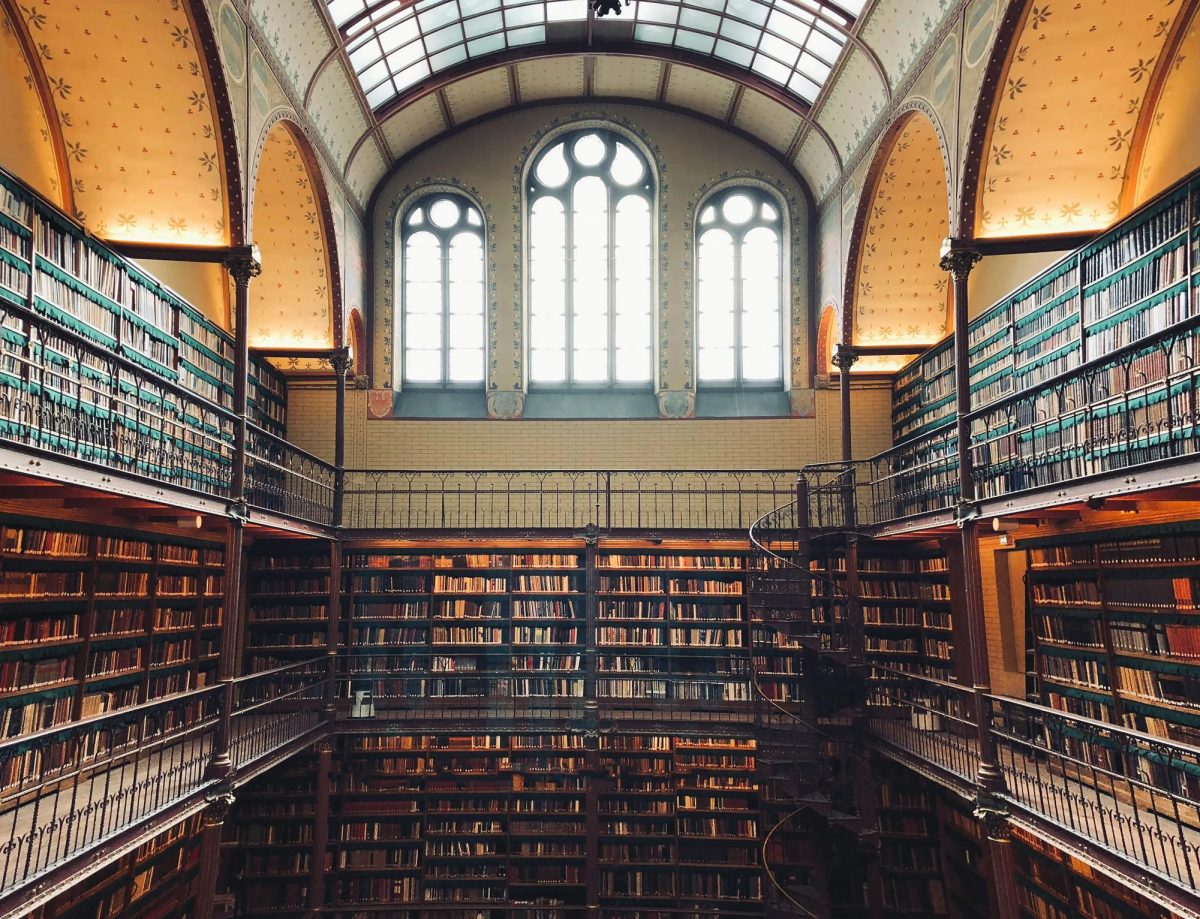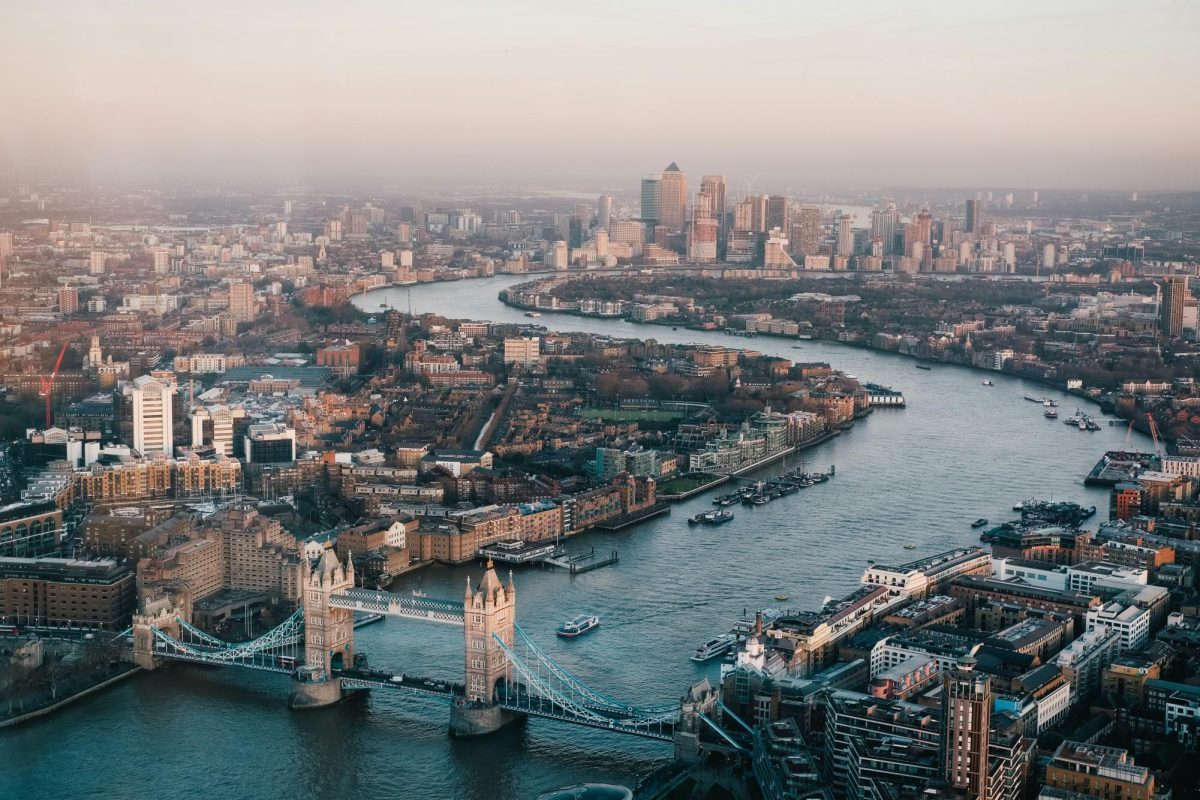This month, Korean Author Han Kang won the 2024 Nobel Prize in Literature and her works are now gaining worldwide attention. One of her novels that is especially popular is Human Acts. This novel is set in the background of South Korea’s painful modern history, particularly focusing on the Gwangju Uprising, also known as the May 18 Gwangju Democratization Movement (5.18 민주화운동). The Gwangju Uprising is considered one of the most significant historical events in the development of Korean democracy.
In the late 1970s, Korea was under the authoritarian rule of Chun Doo-hwan’s military regime. The citizens of Gwangju protested peacefully, demanding democracy, but many lost their lives due to the military’s violent suppression of their protest. In response, the citizens formed a citizen’s army to resist, but they were ultimately quelled.
Background of the Gwangju Uprising
In the late 1970s, South Korea was under the authoritarian regime known as the Yushin System, with Park Chung-hee as its dictator ruler. The Yushin System allowed for presidential re-election and restricted freedoms of the press and assembly, significantly limiting democracy. In this situation, many citizens, including those in Gwangju, longed for greater democratization.
After President Park was assassinated in 1979, a new, undemocratic military regime led by Chun Doo-hwan emerged. This regime seized power through the December 12 military coup (12.12 군사반란) and nationwide martial law was declared on May 17. In response, citizens of Gwangju initiated peaceful protests demanding democracy, but the military sought to suppress them by force.
The citizens of Gwangju had long cultivated their aspirations for freedom and democracy under prolonged authoritarian rule. They took to the streets to demand democratization in reaction to the military’s power grab, but this ultimately led to tragedy. Thus, the Gwangju Uprising became a critical turning point in modern Korean history.
Gwangju Uprising
On May 18, 1980, a protest that began in Gwangju gradually spread across the country. In the early stages of the protest, citizens marched, calling for democratization without resorting to violence. However, the military regime under Chun Doo-hwan deployed martial law troops to suppress the protests, and the situation quickly worsened. The martial law troops opened fire with live ammunition, using excessive force to quell the protests, which resulted in numerous civilian injuries and deaths.
In response to this brutality, enraged citizens of Gwangju raided armories to secure weapons and formed a civilian militia. The citizen militia fiercely resisted the martial law forces, but due to the overwhelming power imbalance, they were eventually oppressed. The ruthless suppression by the military led to the sacrifice of many innocent civilians. The violent bloodshed and ruthless military actions made this event one of the most important in the history of South Korea.
Within South Korea, many citizens felt profound sympathy for the sacrifices made by the people of Gwangju. The brutal suppression by Chun Doo-hwan’s regime faced widespread condemnation, which translated into increased support for the democratization movement. The international community, too, expressed strong opposition to the South Korean government’s human rights violations. Western nations, including the United States, even considered imposing economic sanctions on the regime. The Gwangju Uprising was a historical lesson about the importance of peaceful means in advancing democratic values.
This uprising resulted in democratic values becoming deeply rooted in South Korean society. Following this movement, South Korea began a long and often difficult road to becoming a fully-fledged, mature democracy today.
In today’s South Korea, the spirit of the Gwangju Uprising is still an integral part of the culture. This is perhaps, in part, due to the fact that our neighbor, North Korea, does not have a democratic political system. South Koreans should value their democracy very highly and appreciate the sacrifices that people made to protect the values of freedom, human rights, and democracy.
Han Kang’s prize-winning book Human Acts has brought the events of the Gwangju Uprising into the global spotlight. It explains how and why South Korea became a democracy and at what cost. It is a reminder that democracy is often a difficult pursuitand must be protected at all costs.







